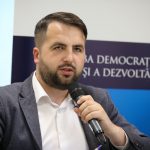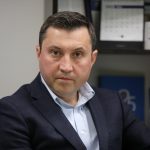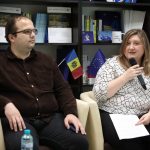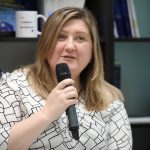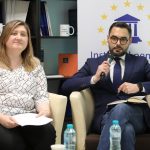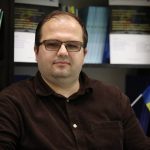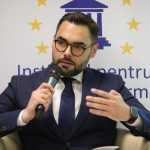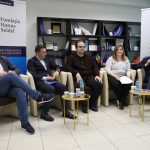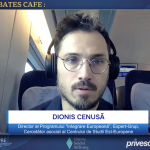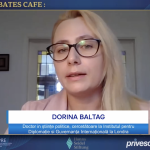#EUDebatesCafe: The key stakes and implications of the EPC Summit for Moldova
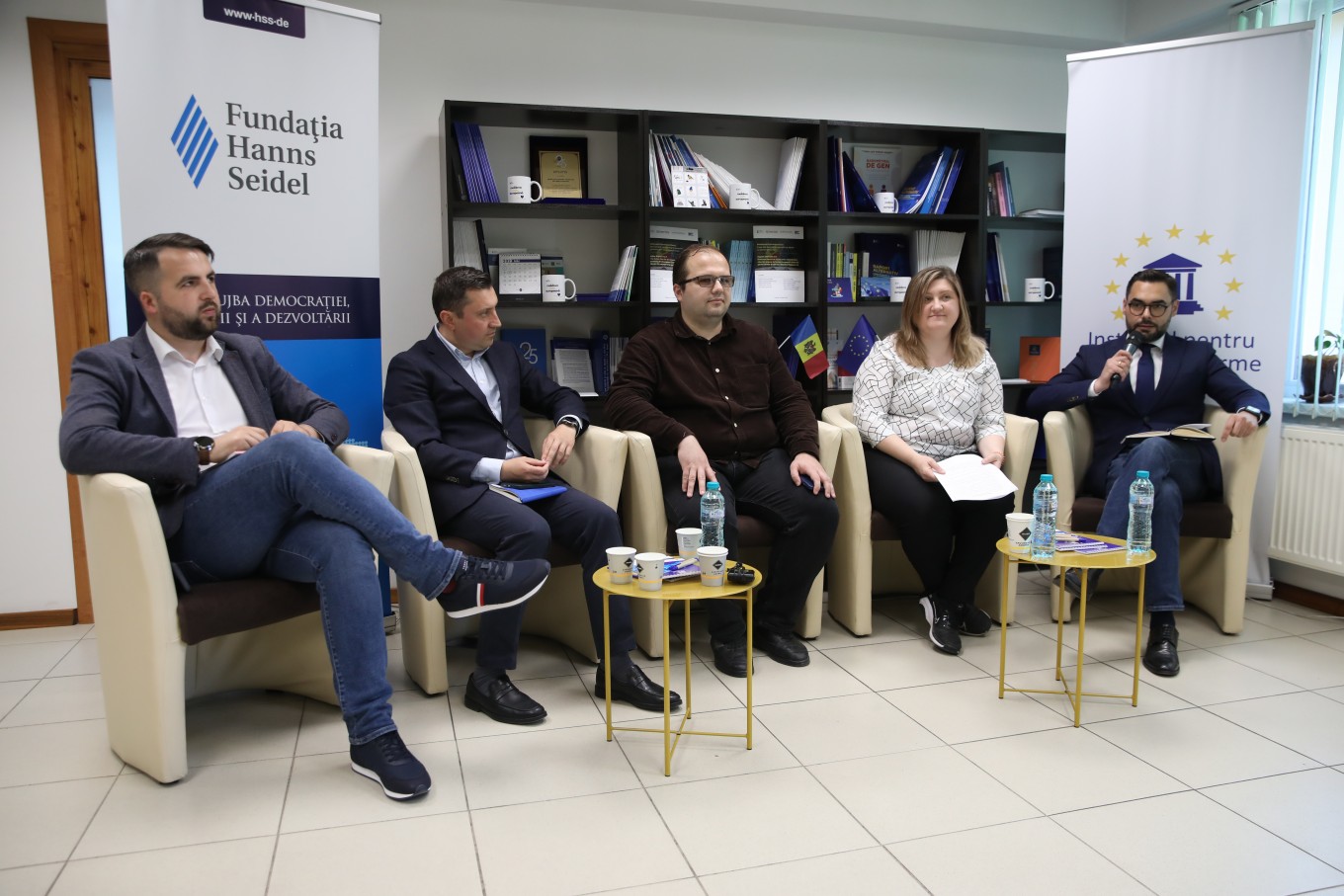
The Institute for European Policies and Reforms (IPRE), in partnership and with the support of the Hanns Seidel Foundation, organized on Tuesday, May 30, 2023, the third public debate of this year in the format of #EUDebatesCafe, with the title: “EPC Summit: Key stakes and implications for the Republic of Moldova”.
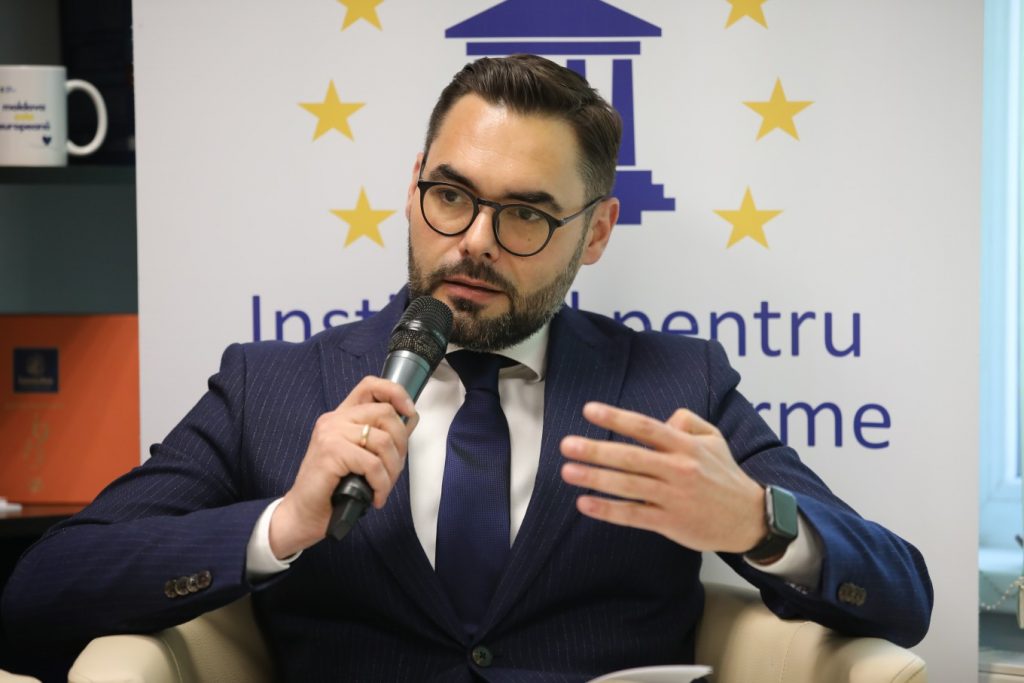 v
v
During the debate, moderated by Iulian Groza, IPRE Executive Director, speakers referred to the importance and expectations of this EPC Summit, the last-minute preparations, what are the main stakes of this event for the Republic of Moldova, but also what concrete benefits the is the Summit bringing to the citizens through connectivity, infrastructure and reconstruction projects to be discussed in Moldova.
Further below, we propose some of the main speeches of the speakers.
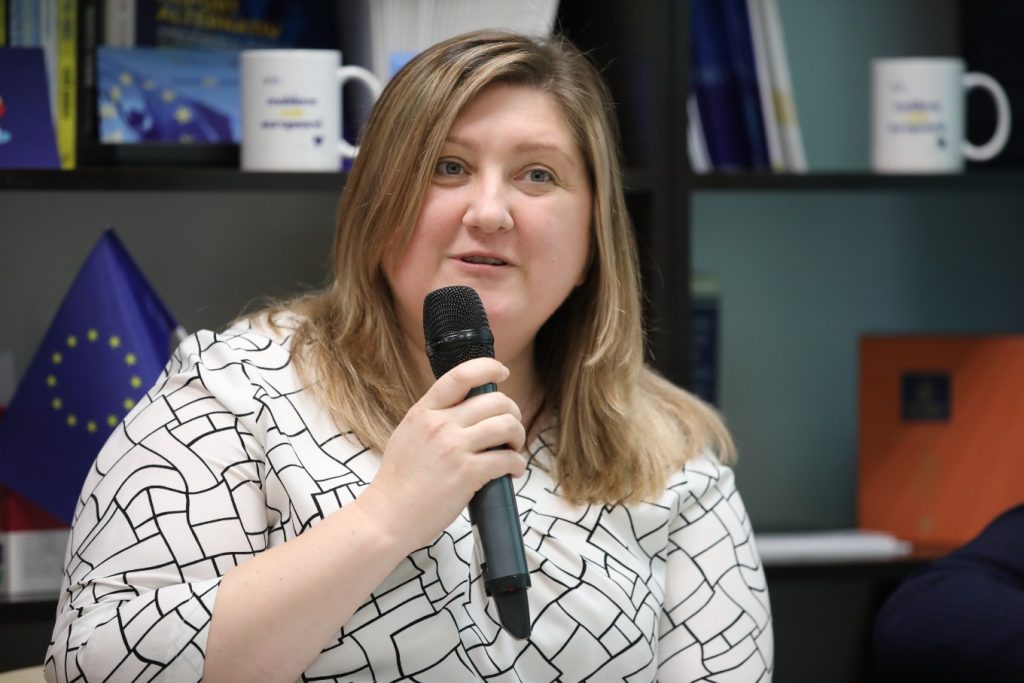
Stela Leuca, State Secretary, Ministry of Foreign Affairs and European Integration: “Almost 50 European leaders and EU officials will visit the Republic of Moldova on the June 1st. The Agenda of the Summit will include three sets of topics: peace and security, energy resilience and connectivity. The participants will be divided into several working groups, after which the given discussions will be reflected in a plenary meeting of all the leaders. We have high expectations from this event, and we see that it provides for huge potential to promote Moldova’s image in Europe. And hope that the of Moldova will be able to fully capitalize on this potential in the interests of Moldovan citizens and advance on the European integration path. It is a fantastic opportunity for the Republic of Moldova. We expect to receive between 600 and 1000 journalists, who for a few days will talk and write about our country. At the same time, I want to emphasize that these state leaders are accompanied by teams, which include councilors, vice-presidents, who also come to Chisinau.”
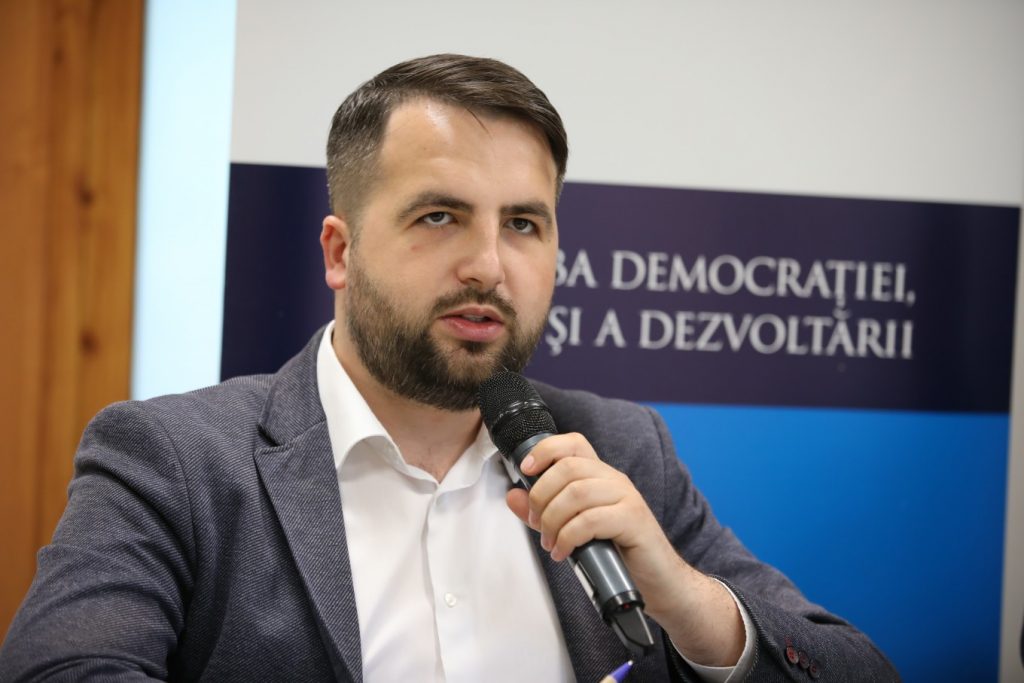
Mihai Mogîdlea, Deputy Director, IPRE: “There are some key aspects that need to be pointed out when it comes to this event. Firstly, the format of the Summit, which will largely reflect what happened in Prague last October and will ensure continuity in discussions, cooperation between the participating partner countries. This format, which includes, on the one hand, the meeting in multilateral format with the participation of all member states, and on the other hand includes and offers the possibility of meetings at bilateral level, consultations between different states can help us to bring into discussions some immediate priorities for our country. Within this multilateral format, the topics of security and energy are very important for Moldova. Here we have some issues that should be addressed. I am referring to attracting assistance on the security and defence dimension, to increasing support from the European Union and its member countries for the defence sector. On the energy dimension, the community offers even more opportunities to discuss and initiate certain partnerships with countries outside the European Union, such as Turkey, Azerbaijan, but also Norway. Ultimately, the Summit represents a good platform that can provide Moldova with more extensive support from the EU Member States, in order to obtain a favourable decision from the European Council in December this year for the opening of accession negotiations.”
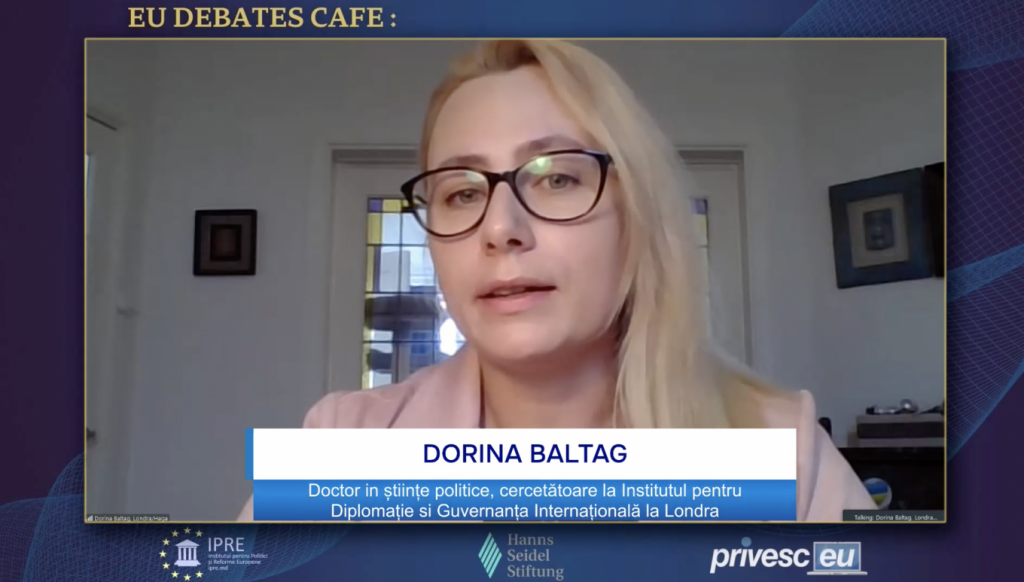
Dorina Baltag, PhD in political science, researcher at the Institute for Diplomacy and International Governance from London: “The stakes for the Republic of Moldova are quite high. It is important that this EPC Summit goes beyond a mere ‘photographic opportunity’, which is usually mentioned by sceptics, and that it also goes beyond a space for dialogue. In this respect, it is important that the results of the Summit are concrete and that they also unite the members, who participate in this summit, but also reach the citizens. If we remember the moment when the initiative came from the French President, the stake was on promoting a geopolitical alignment with the European Union, and I believe that in this respect the Republic of Moldova has demonstrated this commitment. The fact that we were given the opportunity to be the first non-EU host country of this Summit demonstrates the vote of confidence of the partners and we must demonstrate our commitment to the common values and interests of the European community.”
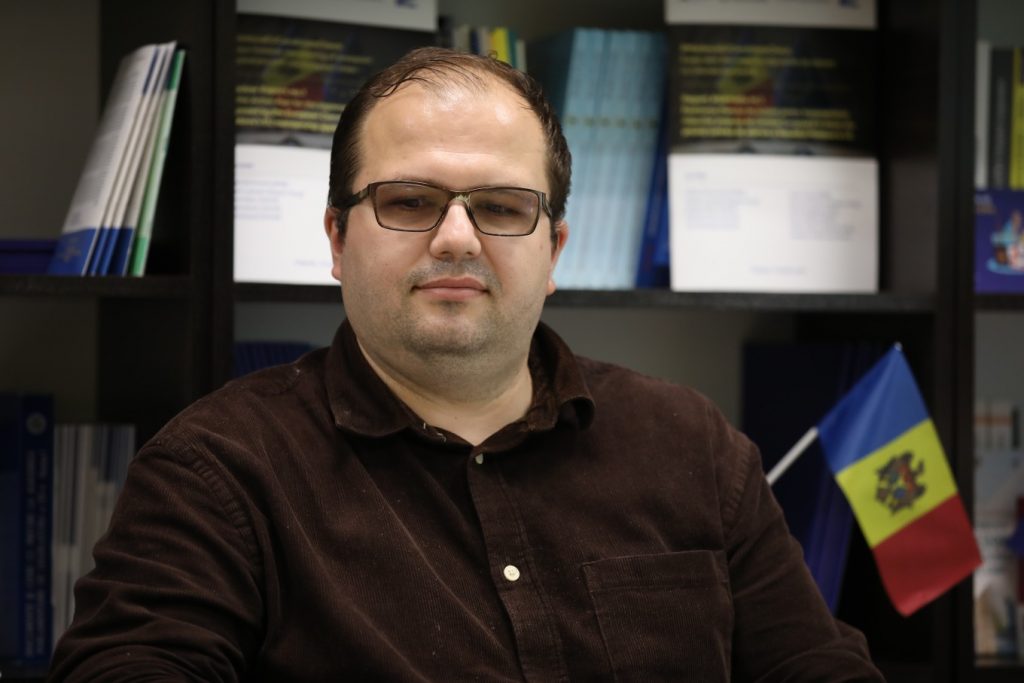
Stas Madan, Director of the Business Environment and SME Program, Expert-Grup: “In addition to the foreign policy gains, the elements of potential economic benefits are not to be neglected. One of the two themes of the Summit concerns energy security and connectivity. In the context of the Russian aggression in Ukraine, Moldovan producers suffer a lot from a connectivity perspective, having during this period a substantial increase in transport and logistics costs, including for companies in the Republic of Moldova and of course better mobility is absolutely necessary for the economy. What defines the economic relations of the Republic of Moldova can be summarized by four key indicators: foreign trade, foreign direct investment, remittances and foreign assistance. For example, the data from 2022 show that over 86% of the entire export of the Republic of Moldova goes to the states of the European Political Community and also from there come two thirds of the imports. Respectively, the main providers are the same from there. In terms of foreign direct investment, we have about 80% of the stock of foreign direct investment coming from the states of the European Political Community. Looking at the trend of the last ten years, the most notable investments and investors have come specifically from these states.”
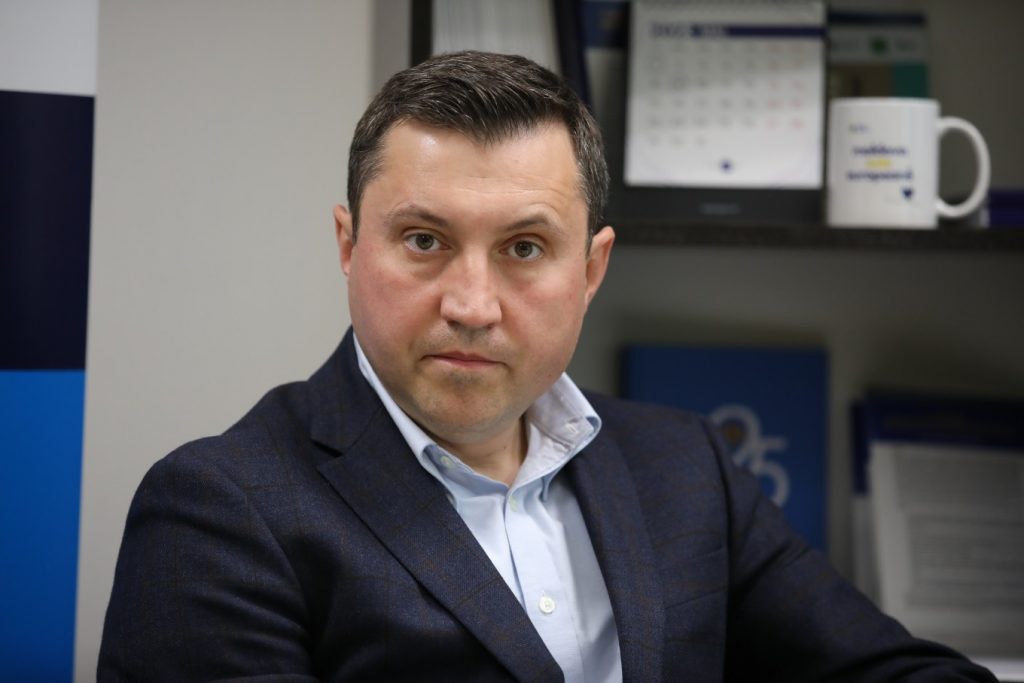
George Saghin, specialist in foreign affairs and international relations: “I want to emphasize that Moldova for a day becomes the center of Europe. We will host all the European leaders here in the Republic of Moldova, who will have the opportunity to see us “from the inside”, as we are and we have many positive elements that we can demonstrate. Geographically, as well as politically, we belong to this European family. We are facing regional challenges that have been going on for a long time. Such an event in Moldova opens the component of foreign investments. From a diplomatic point of view, it is a great premise to find solutions to the themes to which there are currently no solutions, such as the settlement of the Transnistrian conflict, administrative challenges.”
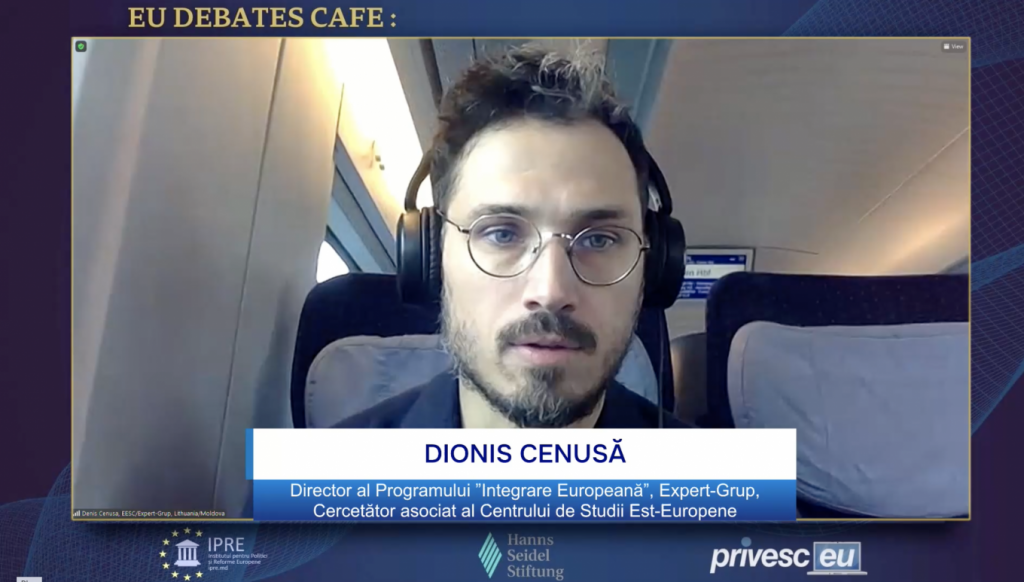
Dionis Cenușa, Director of the European Integration Program, Expert-Grup: “The European Political Community represents a new positive trend, in which the European Union takes on the role of a major regional actor able to put together synergies and put different governments at the negotiating table. The idea of organizing the event in Chisinau is not only a geopolitical gift for a certain government or political conjuncture in Moldova, but also a symbolic geopolitical gesture for Ukraine. The event is organized at the border with Ukraine, it is organized in a country that has problems with the Russian Federation, and a country that through many branches is going through crises smaller in size but very similar to those in Ukraine. Council of Europe today is no longer what it was because Russia was excluded from the organization. Many other regional organizations from which Russia and Belarus were excluded together or separately are no longer relevant. In this negative context for the regional and intra-regional context, the European Political Community is a positive tendency where the EU takes over as a major regional player that can bring together synergies and the governments to the table.”
For more details, you can watch the video recording of the event on the privesc.eu here and on Rlive.md here.
The event was organized within the project “EU DEBATES CAFÉ: Advancing knowledge and expertise on EU institutions and policies in the Republic of Moldova”, implemented by IPRE, in cooperation with the Hanns Seidel Foundation in the Republic of Moldova and with the financial support of the Federal Officer of Foreign Affairs of Germany.

